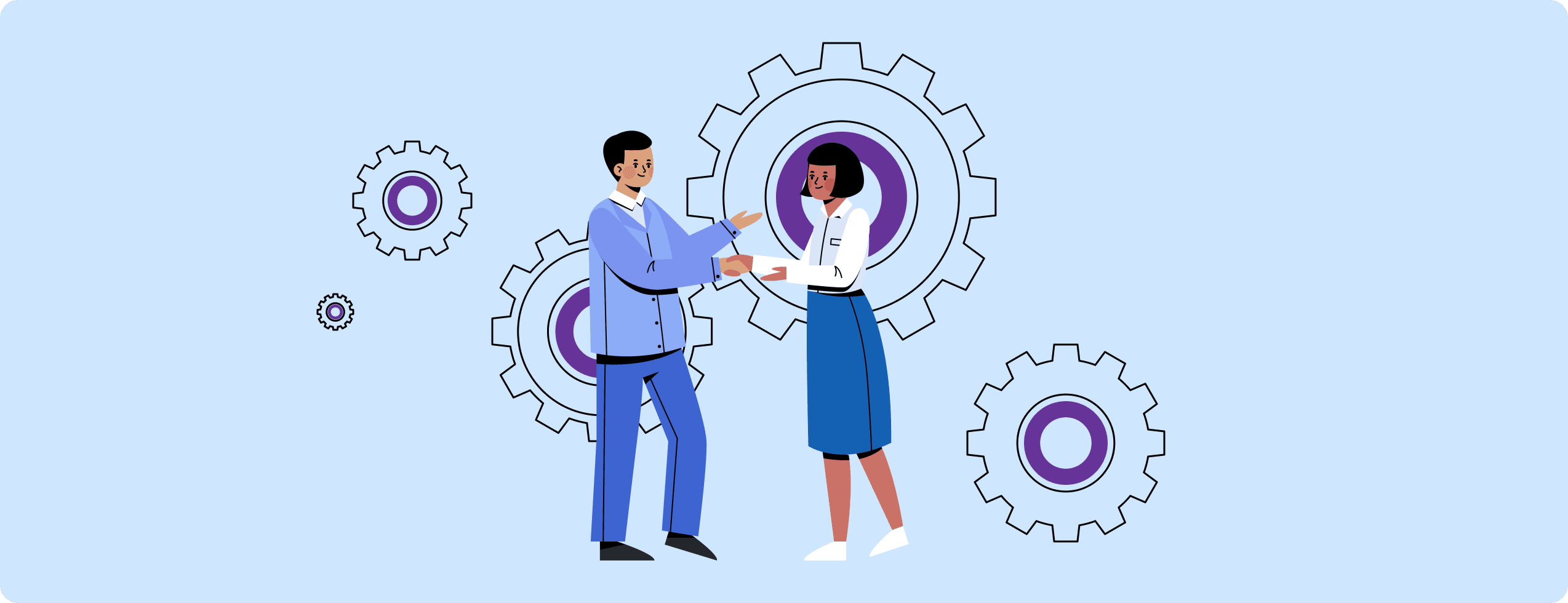Employee turnover is becoming an increasing concern for businesses. Gartner forecasts a 20% turnover rate for the foreseeable future. To mitigate potential setbacks, companies must implement effective retention strategies to maintain their workforce and ensure organizational stability.
1. Why Do Organizations Care About Retention?
Employee retention is crucial for several reasons:
1.2 Cost Savings
Retaining employees is more economical than hiring and training new ones. By prioritizing employee retention, companies can avoid the significant costs associated with recruitment and training. Keeping valuable staff ensures stable and sustainable growth, allowing for more efficient resource allocation.
1.3 Productivity and Team Morale
High turnover rates lead to a persistent decline in productivity, which in turn affects employee motivation. To sustain productivity and morale, organizations should focus on enhancing employee recognition and rewards. Regular appreciation fosters a positive work environment and boosts team spirit.
1.4 Customer Satisfaction
Employee satisfaction has a direct impact on customer satisfaction. Engaged and happy employees are more likely to deliver exceptional customer service. Implementing effective retention strategies to keep employees satisfied not only improves their loyalty but also enhances overall customer satisfaction.
1.5 Company Culture
Long-term employees contribute significantly to building a strong company culture, which in turn supports future retention and loyalty. Their deep knowledge and dedication to the company's values create a stable and positive work environment.
2. Implementing Effective Retention Strategies
To keep employees, companies need good retention strategies:
2.1 Gamification
Gamification enhances employee engagement by integrating game elements into work, boosting productivity, and creating a positive company culture. This approach increases employee retention by making work more enjoyable and rewarding. Organizations using gamification build a stable and committed workforce.
2.2 Work-Life Balance
Promoting policies like flexible hours and remote work helps employees balance their professional and personal lives, reducing burnout. When employees have a healthy work-life balance, they are more satisfied and committed. This satisfaction translates into higher retention rates and stronger loyalty to the company.
2.3 Mentorship Programs
Implementing mentorship programs provides employees with guidance and support, helping them grow professionally. When employees feel invested in and see clear career development paths, they are more likely to stay with the company. This investment in their future fosters a sense of loyalty and belonging. Mentorship programs thus contribute to a more stable and committed workforce.
2.4 Acknowledging Milestones in Work-Life
Recognizing employees' milestones, both personal and professional, shows that the company values and cares for them as individuals. This acknowledgment boosts morale and strengthens their emotional connection to the organization. Celebrating milestones fosters a positive and supportive work environment.
2.5 Training and Development
Providing continuous training and development opportunities helps employees enhance their skills and advance their careers. When employees see that the company is invested in their growth, they are more likely to stay and contribute long-term. This focus on development fosters loyalty and reduces turnover.
2.6 Recognition and Reward
Regularly recognizing and rewarding employees for their hard work and achievements fosters a sense of appreciation and motivation. When employees feel valued and rewarded, they are more likely to remain loyal to the company. This recognition boosts morale and encourages long-term commitment.
2.7 Positive Work Environment
Creating a supportive and inclusive workplace where employees feel valued and respected is crucial for retention and loyalty. A positive work environment enhances job satisfaction and reduces stress. This supportive atmosphere fosters long-term dedication and loyalty to the organization.
3. How Does Reward Rally contribute to Retention and Loyalty in the future?
Reward Rally is a top-notch platform for boosting engagement by acknowledging both minor efforts and major accomplishments. It includes features such as a retention graph to monitor employee engagement after implementing game-like elements, enabling companies to make informed decisions and better cater to employee needs
With features like coins, leaderboards, and milestones, Reward Rally makes it easy to recognize and celebrate what employees accomplish. By turning work into a game and tracking progress, companies can create a fun and motivating environment.
Request a demo today to see how Reward Rally can improve employee loyalty and retention in your organization.
Conclusion
The future of employee retention and loyalty hinges on smart and innovative strategies. With an anticipated 20% turnover rate, companies need to take proactive measures to retain their staff. By recognizing the significance of retention and implementing strategies like gamification through platforms such as Reward Rally, organizations can lower turnover rates and foster a more engaged and loyal workforce. Adopting these approaches is crucial for success in a competitive business landscape.
